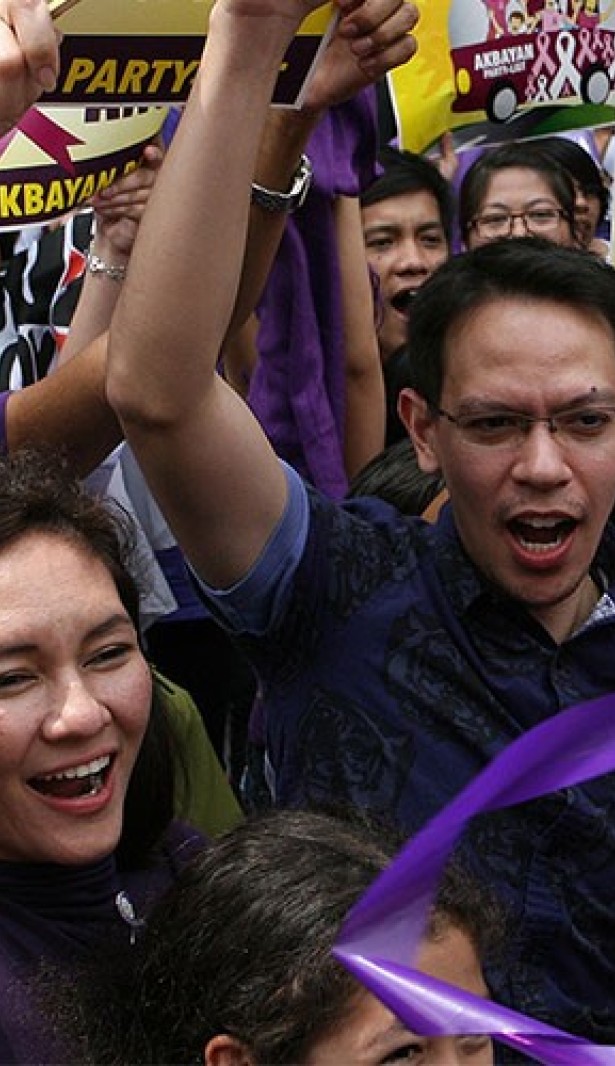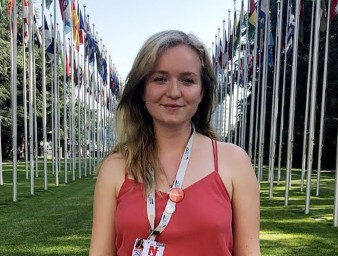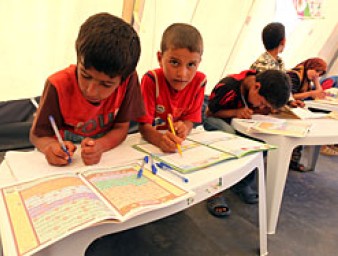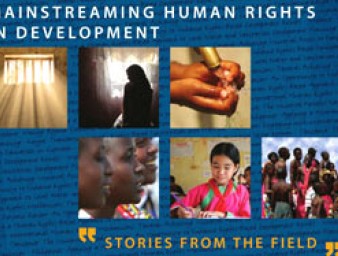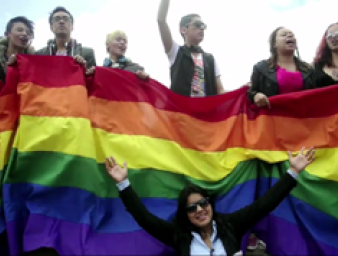"Right to a Better World" - a video series on sexual and reproductive health and rights and the SDGs
18 November 2020
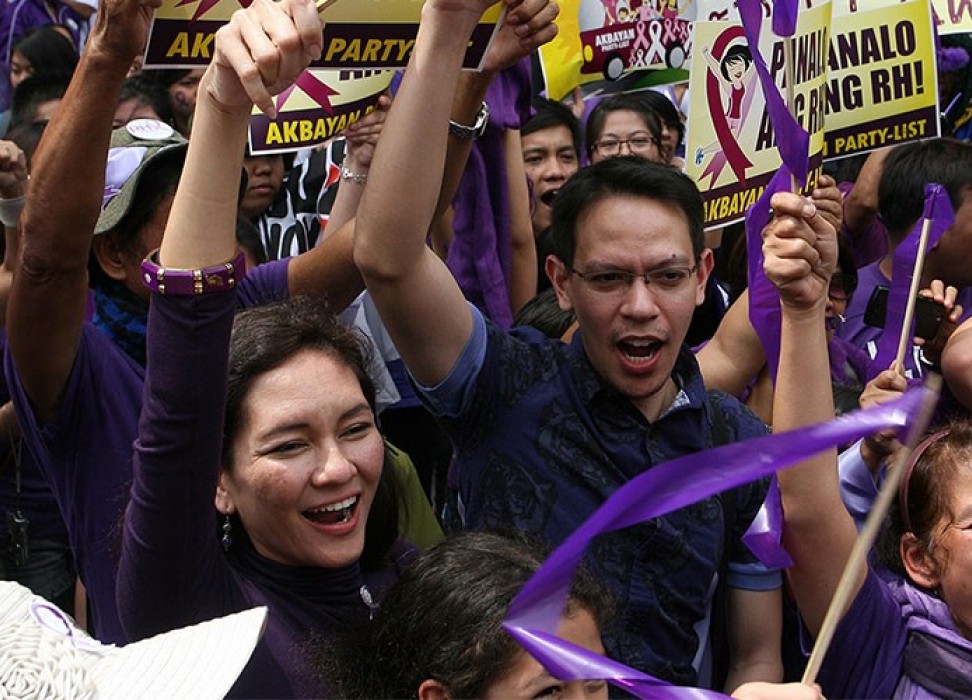
When world leaders adopted the 2030 Agenda for Sustainable Development, they called on all countries to end poverty, protect the planet and improve the life prospects of everyone, everywhere. That agenda came with a roadmap of 17 Sustainable Development Goals (SDGs), which, if followed, would help deliver this vision of a better world within 15 years.
For women, the SDGs roadmap has the potential to pave the way towards genuine equality and access to sexual and reproductive health and rights – if implemented with human rights at the core.
Ensuring these rights is integral to addressing poverty, lack of education, violence against women and gender inequality. In particular, with SDG3 focused on health, and SDG 5 aimed at achieving gender equality and empowerment for all women and girls, Member States committed to uphold the rights of each individual including by ensuringuniversal access to sexual and reproductive health care services. States also recognized that eliminating all forms of discrimination against women in all spheres is indispensable for sustainable development.
Five years after the adoption of the 2030 Agenda, it is evident that, while progress has been made globally, many barriers remain – particularly for the realization of the sexual and reproductive health and rights of those most marginalized, excluded or discriminated against.
With the objective of reinforcing these rights and working to leave no one behind, OHCHR, the World Health Organization (WHO), HRP (the UNDP/UNFPA/UNICEF/WHO/World Bank Special Programme of Research, Development and Research Training in Human Reproduction) and the Oxford Human Rights Hub have joined forces in a project to share strategies and generate a global conversation on the implementation of the SDGs related to sexual and reproductive health and rights through human rights tactics.
For decades, experts and defenders around the world have used human rights-based tactics to safeguard and drive progress in sexual and reproductive health and rights.This series, entitled “Right to a Better World”, explores how such approaches have been used to overcome challenges and make an impact, and asks viewers to consider how similar tactics could be adapted to their own contexts.
“Human rights are the key to ensuring every person has access to comprehensive sexual and reproductive health care, and WHO and HRP are committed to mainstreaming human rights into health policies and programmes,”says Ian Askew, Director of the WHO Department of Sexual and Reproductive Health and Research, including HRP.
“Our partnership with UN Human Rights and Oxford Human Rights Hub affirms that in the changing landscape of sexual and reproductive health, human rights must be heard as loudly as clinical and scientific research.”
Each episode in the series focuses on a different theme related to sexual and reproductive health and rights: contraception; comprehensive sexuality education; maternal mortality and morbidity; and violence against women.
“This powerful series creates a unique synergy between academic and practical human rights approaches, vividly demonstrating the key role human rights can play when advocating for sexual and reproductive health rights in political, legal, and international forums,” says Professor Sandra Fredman, Director of Oxford Human Rights Hub.
“The “Right to a Better World” series bridge the communicative divide between health and human rights practitioners, throwing the spotlight on the importance of addressing not only health outcomes but the underlying gender inequalities, stereotypes and structures,” adds Dr Meghan Campbell, Deputy Director at the Oxford Human Rights Hub.
All three partners hope the project will show how evidence-based health policies can support the full implementation by States’ of their human rights obligations in the field of sexual and reproductive health, and provide health professionals, lawyers and civil society activists with human rights knowledge, to build their capacity to advocate and hold Governments to account for the SDGs.
The project also aims to support learning among future generations of health professionals, policy-makers, development specialists and lawyers on ways to address sexual and reproductive health as both a medical and human rights issue going forward. The intention is also to build new networks among the three organizations’ partners, opening up wider conversations into which they can invite new voices.
“The achievement of the 2030 Agenda for Sustainable Development hinges on the realization of human rights, which necessitates action across sectors and disciplines,” says Veronica Birga, Chief of Women's Human Rights and Gender Section of UN Human Rights.
“The lessons in this series created through a multi-disciplinary partnership are invaluable and make it clear that securing rights for all, is not only the right way, but the smart way to achieve truly sustainable development.”
Video
18 November 2020
